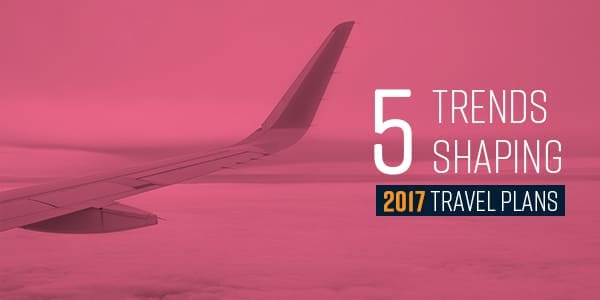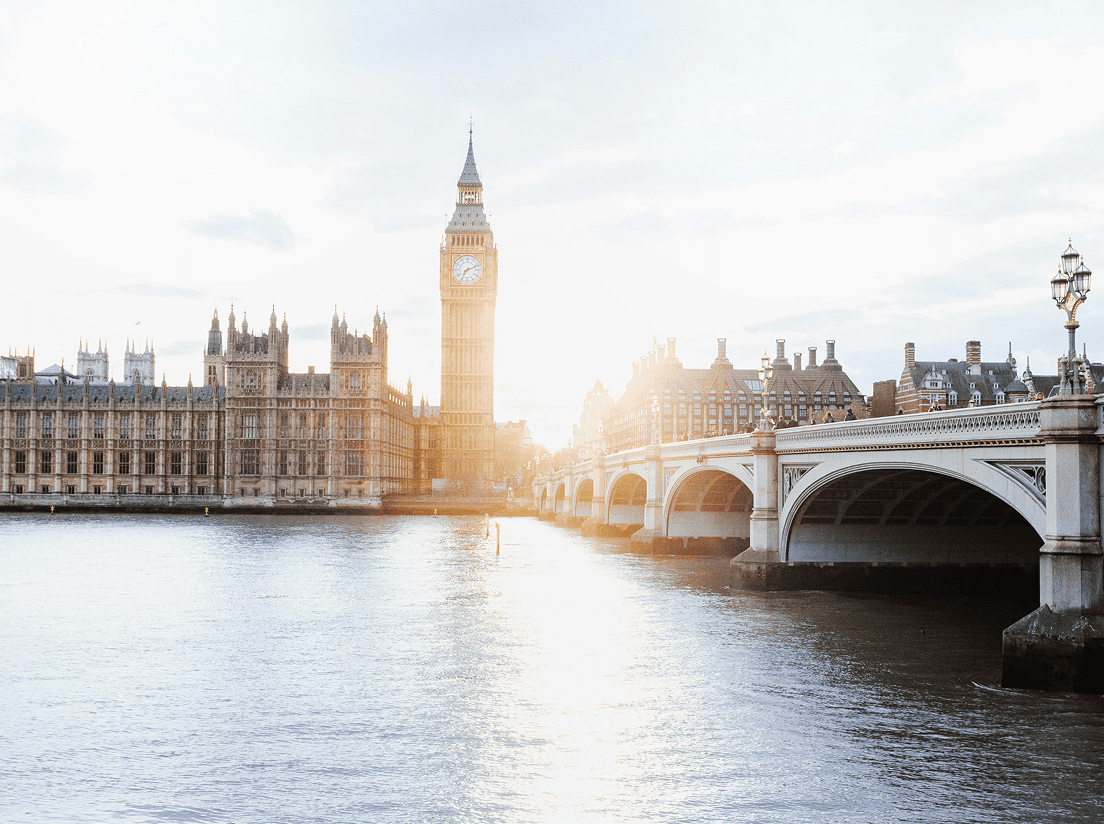
The swell of summer travel is upon us.As travelers take to the road, sky and sea, the Screen Pilot team is hard at work with our finger on the pulse of the latest travel trends.Here are five trends that will shape travel this summer and beyond, and what hoteliers can do to capitalize on the change.
TREND #1: The rise of the long weekend
More travelers are booking three-day weekends. Nearly three quarters of Americans report they’re planning to take an extended weekend trip this summer, according to Travelzoo’s Summer 2017 Travel Trends Survey, and half of those surveyed said they were likely to take more long weekend trips than they did last year.
What it means for hoteliers: This is a legit upsell opportunity for hospitality marketing teams. If your summer strategy doesn’t yet include digital messaging, promotions and bonus amenities to encourage long, lazy weekends, it should. And don’t forget existing booking. You’ve got their contact info. Invite business travelers and those with two- or three-night bookings to add weekend days via email, SMS, and social channels.
TREND #2: Search for hotels via mobile device continues to increase
As much as 30% of all hotel searches now come from a mobile device, according to Sojern’s 2017 Hotel Report. The trend is even more pronounced in the budget hotel sector, where more than 75% of searches come via mobile devices. The trend is clear. People aren’t tethered to their desktop when planning itineraries. They’re browsing on whatever device is handy, whenever they have a few moments to spare.
What it means for hoteliers: Hotels and resorts that have yet to optimize their website for the mobile experience are increasingly hurting themselves. New data from Google revealed that if a site takes 1 to 10 seconds to load, the probability of a visitor bouncing is 123%. As it stands, travel sites in the United States are among the slowest, taking an average 10.1 seconds to load. For more information on this study and tips for optimizing your website, check out this post.
TREND #3: Interest in boutique hotels is up
Another finding from Sojern’s report is that there’s been a rise in searches for boutique hotels, especially high-end accommodations. Although the big hotel brands are still getting the lion’s share of search, the trend is a sign that travelers are, at the very least, aware of boutique brand options and, more importantly, are actively seeking them out.
What it means for hoteliers: These statistics speak to a broader trend in which millennials and affluent travelers prefer experiences that feel exclusive. That exclusivity isn’t necessarily defined by price. It’s also about size (or lack thereof) and personalization. A boutique hotel that offers a one-of-a-kind stay to a smaller pool of guests may be equally or more enticing than a stay at a luxury chain.
TREND #4: Competition from vacation rentals continues
Searches for vacation rentals are up. In fact, Google reports that 28% of people search for home-sharing options before hotel or resort brands. The rise of vacation rental sites like Airbnb and HomeAway has clearly widened the field for trip planners, giving them versatility in terms of price, capacity, aesthetic, and location.
What it means for hoteliers: To avoid losing market share to this growing segment, hotels and resorts are being driven to be more competitive online. The new reality has to be taken into consideration when hashing out digital marketing strategy, understanding that an increasing percentage of travel planners are no longer thinking hotel first when it comes to accommodations.
TREND #5: Low-cost carriers drive boost international travel
As low-cost carriers make travel between the United States and Europe more affordable, travelers are booking more international trips. The aforementioned Tavelzoo report found that 9% of those surveyed are traveling to Europe in summer 2017, and 65% say they would book an international vacation if the price is right.
What it means for hoteliers: Two trends can potentially converge here. If international air stays competitive, and if the price is really attractive, travelers may increasingly consider extended weekend trips to overseas destinations. This could be a huge opportunity for the hospitality industry. If resorts and hotels offer attractive rates and packages to fill rooms, these weekend warriors could perhaps be incentivized to book a quick vacation abroad.
Now that you know the trends driving travelers this summer, share with your teams and agency partners to best adjust your own marketing strategies and capitalize on applicable trends.






